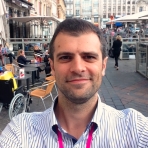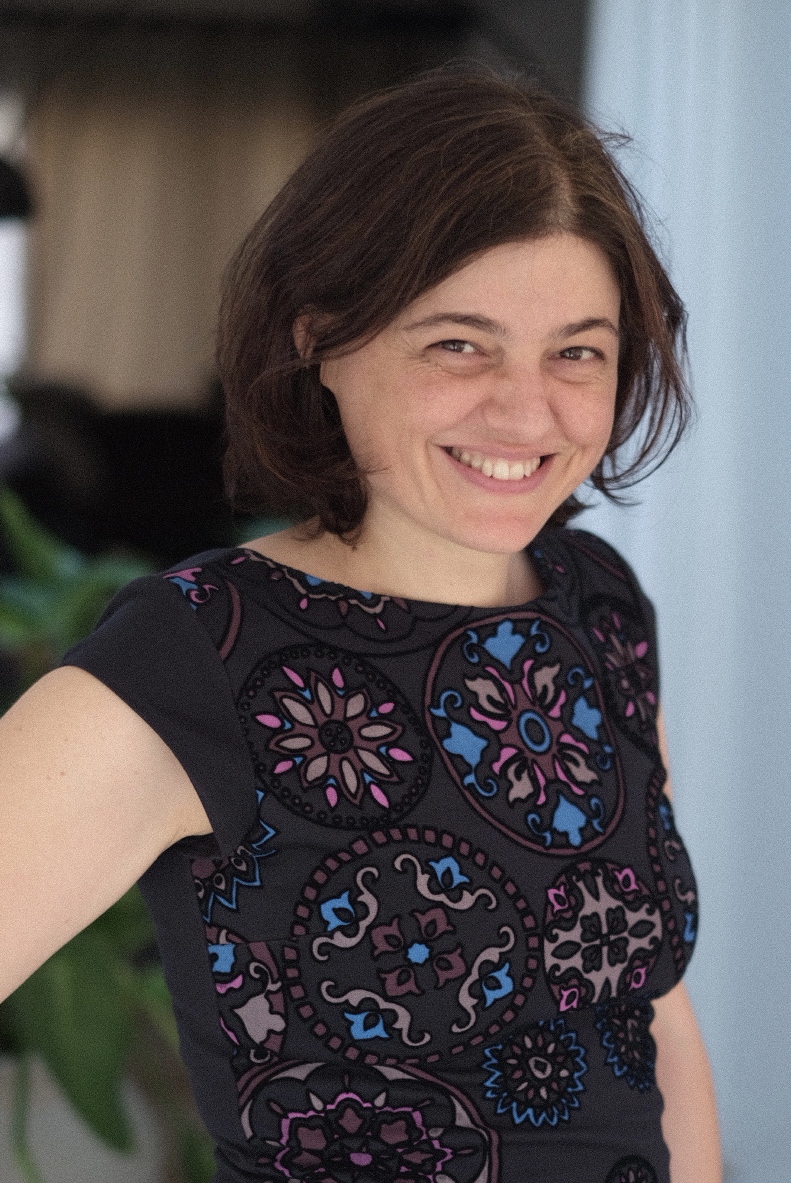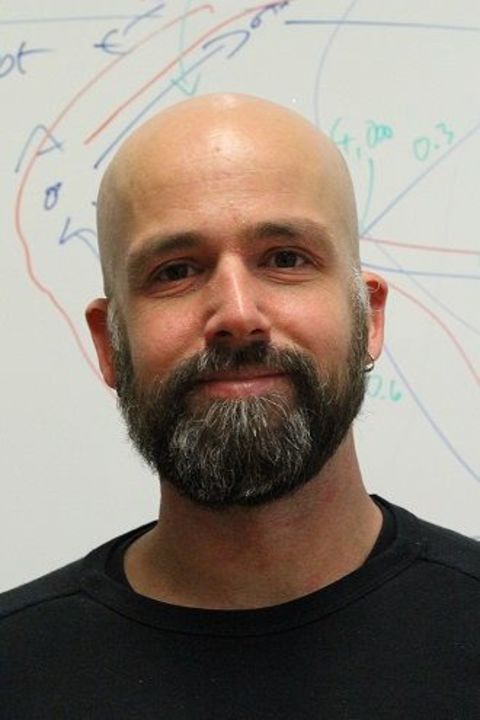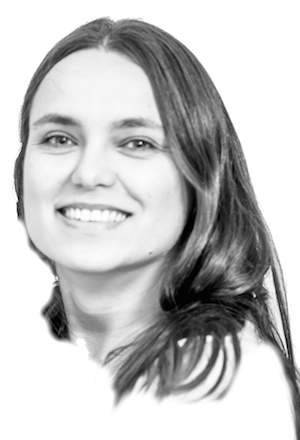DEXA Panel: Big Minds Sharing their Vision on the Future of AI
Wednesday Sep 29, 14:30-15:30; Interactive Session, Online
Panel Participants
- Battista Biggio (Uni Cagliari/Italy)
- Claudia Diaz (KU Leuven/Belgium)
- Heiko Paulheim (Uni Mannheim/Germany)
- Olga Saukh (Complexity Science Hub/Austria)
Moderation by Bernhard Moser (SCCH/ASAI/Austria)
Abstract
While we are currently mainly talking about narrow AI systems, in the future, neural networks will increasingly be combined with graph-based and symbolic-logical approaches (3rd wave of AI).
How will this technological trend affect the key issues of security such as integrity protection or privacy protection, and environmental impact? In this context, in this interactive panel discussion, technology experts will discuss current and envisioned challenges to AI from the research perspective of their respective fields.
Panelists
Battista Biggio

Short Bio
Battista Biggio is an Assistant Professor at PRA Lab of the University of Cagliari (Italy) and Co-Founder of the company Pluribus One. Battista Biggio is a pioneer in the field of secure machine learning, particularly adversarial machine learning with applications in biometric recognition, spam filtering, malware detection, and intrusion detection in computer networks. He received his MSc degree in Electronic Engineering, with honors, and the PhD in Electronic Engineering and Computer Science, respectively in 2006 and 2010, from the University of Cagliari (Italy). Since 2007 he has been working for the Department of Electrical and Electronic Engineering of the same University. He is Associate Editor of Elsevier Pattern Recognition, IEEE Trans. on Neural Networks and Learning Systems, and the IEEE Computational Intelligence Magazine.
Further details: http://prag.diee.unica.it/en/BattistaBiggio
Claudia Diaz

Short Bio
Claudia Diaz is an Associate Professor at the COSIC research group of the Department of Electrical Engineering (ESAT) at the KU Leuven, where she leads the Privacy Technologies Team. She holds a Master's degree in Telecommunications Engineering at the University of Vigo (Spain, 2000), and a Ph.D. in Engineering at the KU Leuven (Belgium, 2005). Her research is focused on the design, analysis, and applications of technologies to protect online privacy, and in particular technologies that offer protection for metadata to prevent traffic analysis, tracking, localisation, or behavioral profiling.
Further details: https://homes.esat.kuleuven.be/~cdiaz/
Heiko Paulheim

Short Bio
Heiko Paulheim is a Full Professor for Data Science at the University of Mannheim. His group conducts various projects around knowledge graphs, yielding, among others, the public knowledge graphs WebIsALOD, CaLiGraph, and DBkWik. Moreover, his group is concerned with using knowledge graphs in machine learning, which has lead to the development of the widespread RDF2vec method for knowledge graph embeddings. In the recent past, Heiko Paulheim also leads projects which are concerned with ethical, societal, and legal aspects of AI, including KareKoKI, which deals with the impact of price-setting AIs on antitrust legislation, and the ReNewRS project on ethical news recommenders.
Further Details: https://www.uni-mannheim.de/dws/people/professors/prof-dr-heiko-paulheim/
Olga Saukh

Short Bio
Olga Saukh is an Associate Professor at TU Graz, Institute of Technical Informatics (ITI) and a research group leader at the Complexity Science Hub Vienna (CSH Vienna), with habilitation in Embedded Systems from TU Graz since 2020. She did her postdoctoral training at ETH Zurich in 2010-2016 working in the group headed by L. Thiele in the Computer Engineering and Networks Laboratory. Following her study of Applied Mathematics (University of Kyiv, Ukraine) and Applied Computer Science (University of Freiburg, Germany), she received her Ph.D. in Computer Science from the University of Bonn, Germany in 2009 under the guidance of P. J. Marrón. Olga Saukh received the 2010 CONET Ph.D. Academic Award for her thesis "Efficient Algorithms for Structuring Wireless Sensor Networks". Her research focuses on networked embedded sensing, algorithm engineering for CPS-IoT, embedded, distributed and mobile machine learning, for environmental, health and educational domains. Olga Saukh serves on program committees of international conferences. Currently she is associate editor at ACM IMWUT.
Further Details: http://www.olgasaukh.com/
Bernhard Moser

Short Bio
Bernhard Moser is Privat-Dozent for Mathematics at the Johannes Kepler University Linz. JKU; he is Research Director at Software Competence Center Hagenberg (SCCH) and, since February 2020, he is President of the Austrian Society for Artificial Intelligence (ASAI). He is interested in the mathematical foundations of data-driven and human-centric AI. Currently, he is coordinator of the FFG COMET module "S3AI: Safe and Secure Shared AI by Deep Model Design" (S3AI) and of the H2020 ICT-38 project "TEAMING.AI: Human-AI Teaming Platform for Maintaining and Evolving AI Systems in Manufacturing" (teamingai-project.eu).



